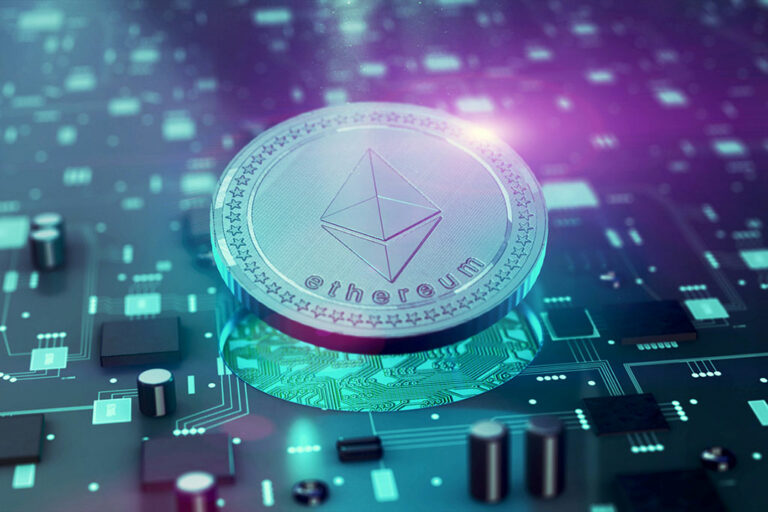The major goal of EIP-7732 is to reduce the computational load on validators by keeping the consensus and execution layers separate. This would ultimately help in increasing the Ethereum blockchain network efficiency and speed.
Ethereum co-founder Vitalik Buterin is putting a large part of his focus on improving the network speed to set the blockchain up for the next level of scalability. Recently the Ethereum developers introduced a new development proposal EIP-7732 with the goal of improving the blockchain’s validation process and thus boosting its speed.
This proposal brings significant changes to block validation. The EIP-7732 improves the Ethereum blockchain performance and security by separating the block validation process into consensus and execution.
EIP-7732 addresses the increasing demand for efficiency on the Ethereum blockchain, aligning with Ethereum co-founder Vitalik Buterin’s advocacy for faster transaction confirmation times.
The core part of the EIP-7732 proposal is Enshrined Proposer-Builder Separation (EPBS), which divides the blockchain creation process into the consensus proposer and the execution proposer. The consensus proposer is responsible for selecting the execution proposer, thereby promising to produce a valid block with important information, such as the block has or a payment.
On the other hand, a group of validators dubbed the Payload Timeliness Committee (PTC) ensures that the execution proposer submits the valid block on time.
The major goal of EIP-7732 is to reduce the computational load on validators by keeping the consensus and execution layers separate. This would ultimately help in increasing the Ethereum blockchain network efficiency and speed.
Currently, the Ethereum blockchain will require validators in order to perform the consensus and the execution in a short time frame. this leads to inefficiencies and delays in the process.
With the implementation of EBPS, validators can focus on validating the consensus immediately while deferring the execution validation to a later stage without compromising on network security and performance. Besides, the solution proposes a trust-free exchange between the builders and proposers. Thus, it guarantees payment and the inclusion of valid blocks.
Vitalik Buterin Pushes for Faster Ethereum
Last Sunday, June 30, Vitalik Buterin shared a post noting: “One of the important properties of a good blockchain user experience is fast transaction confirmation times.“
Thanks to EIP-1559’s transaction fee overhaul and consistent block times post-Merge, Ethereum transaction confirmations now take between five and 20 seconds.
While this speed is comparable to credit card transactions, certain applications demand significantly faster processing, far beyond the current 12-second Gasper consensus mechanism.
The EIP-7732 proposal is currently under discussion and promises that the proposed changes and faster transactions could be around the corner. However, it would be at the cost of another hard fork with backward-incompatible changes.
next